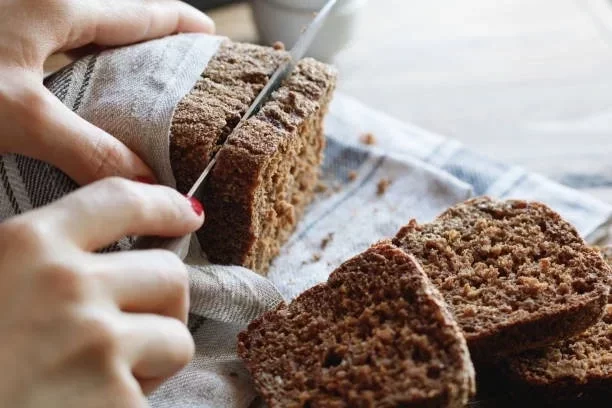
One of the most popular staples consumed by many individuals all over the world for its sweetness, convenience, portability, and nutritional value is bread, which is primarily made from flour and water, amongst other ingredients.
Although it's quite portable and contains good nutrients like carbohydrates and small amounts of protein and vitamins, there are certain side effects to consuming this staple that you should be aware of.
This article, in line with established facts by Healthline, seeks to take a quick glance at three (3) tangible reasons why you should not consume this staple excessively and solely.
Firstly, unlike beans, fruits, vegetables, and minimally processed grains, bread is made from highly processed grains, and as such, it contains low amounts of important nutrients like fibre, protein, vitamins, and minerals that the body needs as compared to the highly inflated amounts of calories and carbs that are present in it.
Secondly, similar to the first reason, the presence of high amounts of carbs and calories in highly processed grains like bread can increase one's risk of falling prey to certain metabolic disorders such as type 2 diabetes, excessive weight gain, e.t.c.
Why this is so is simply because bread contains a high amount of carbs, which cause significant elevation of blood sugar levels shortly after consumption, and because it also lacks fibre, which makes one "feel full", individuals will crave more food again soon after, especially when the blood sugar drops, hence leading to excessive consumption and the establishment of type 2 diabetes.
Thirdly, the presence of certain substances, e.g., gluten in bread made from wheat, can trigger mild to severe allergic responses such as bloating and stomachache in individuals with autoimmune infections, e.g., celiac disease, a condition where this substance (gluten) affects the absorption of food nutrients as well as inflicting damage on the walls or linings of the small intestine.


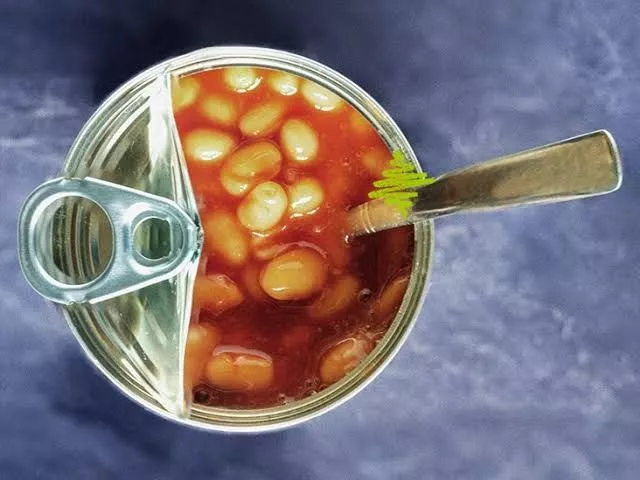
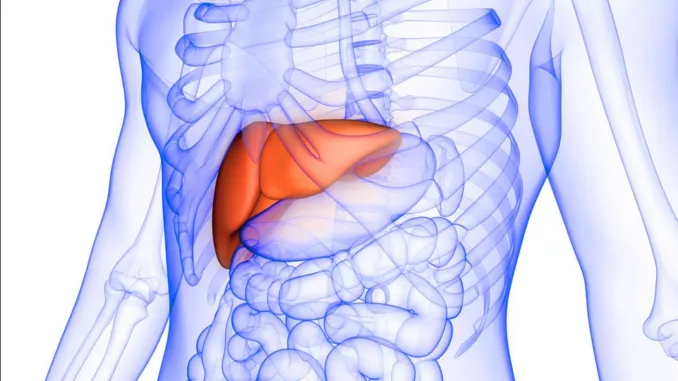
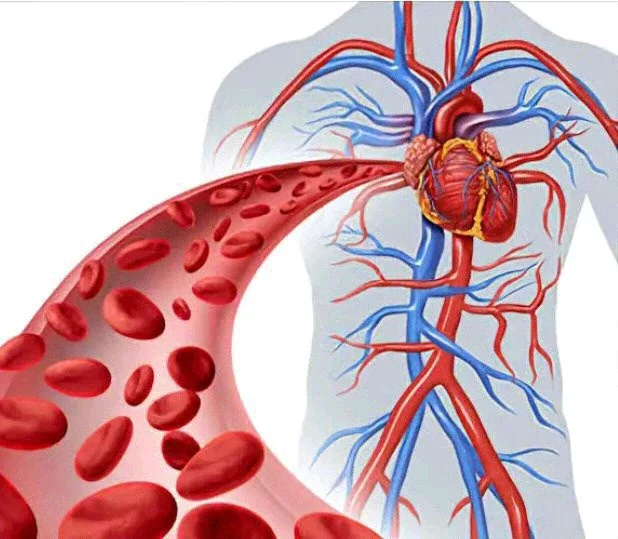
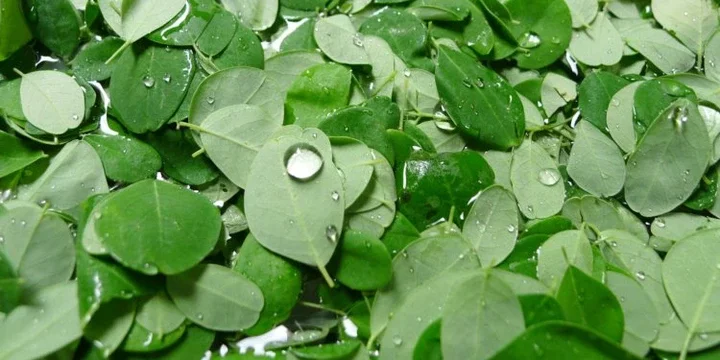











Comments